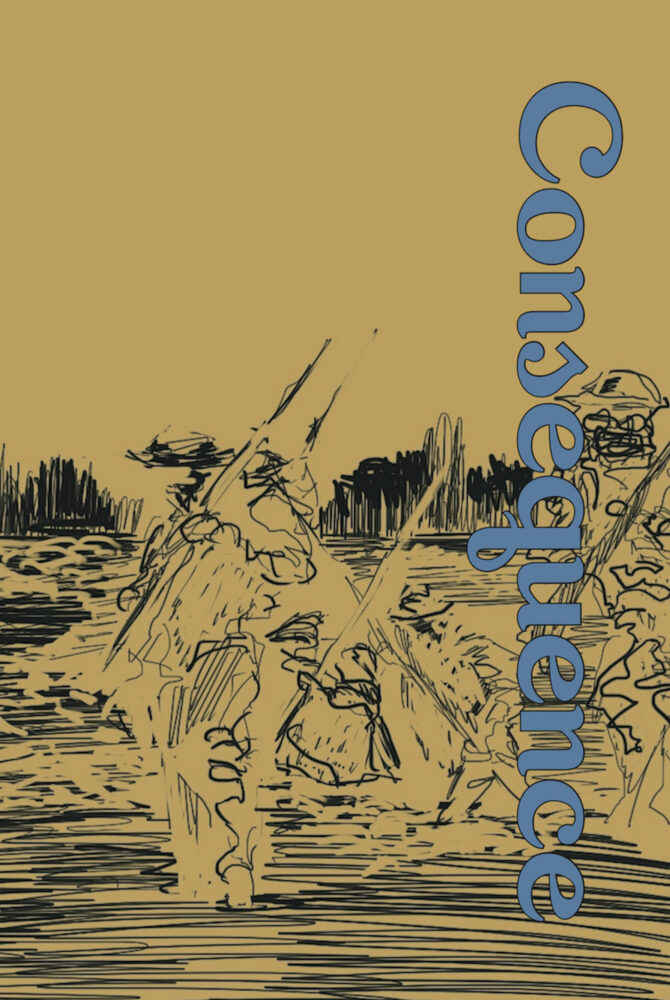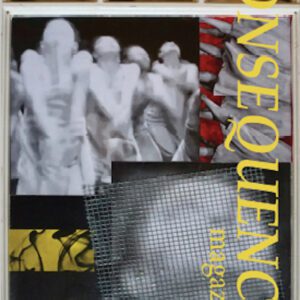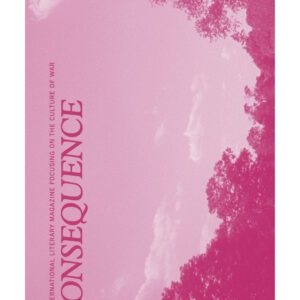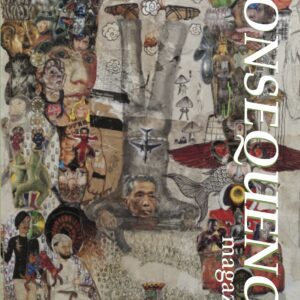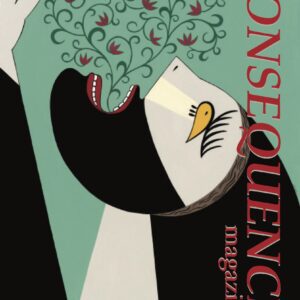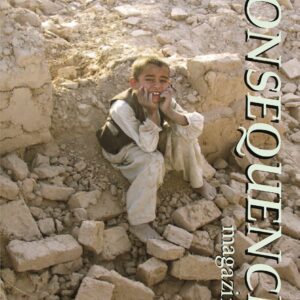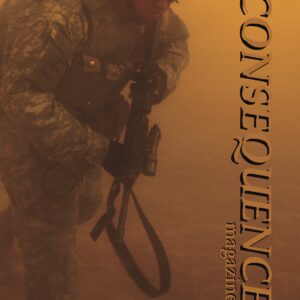Volume 17.1
$15.00
Letter from the Editors
Dear Readers,
As the wars in Ukraine, the Middle East, Myanmar, Sudan, and a half dozen other places become further snarled and entrenched, one can feel like there’s nothing they can do to affect any difference. These conflicts are simply too massive.
While this perspective can be true, we found that as we edited this issue, a theme emerged reminding us how distorted it can be. The theme was this: affecting a difference when it comes to the realities of war doesn’t only have to happen on a global scale—it can and absolutely should include the more local ones. So many pieces in this volume convey how taking action within your city, neighborhood, or family can have a meaningful and lasting impact on those involved in war or geopolitical violence.
We see this in “A Trip to Kosovo” where a doctor returns to the war-torn country to navigate its broken bureaucracy in hopes of getting his nephew immediate cancer treatment (a piece that pointedly ends with: If the world can be saved, it will be by small acts of kindness). It appears in “Withdrawal” with the narrator always answering his phone in case it’s a fellow soldier or a refugee in dire need. It’s there in “The Lucky Ones” as a director for an adoption agency in Korea reveals to women the tricks necessary to help their babies find safe homes.
Maybe the most conspicuous example of this theme, though, is in the Translations Feature, which consists of works written in Arabic and centering on the Palestinian experience. Translations Editors Parisa Saranj and Fathima M. frame all ten pieces of the feature by stating, What else can we do but bear witness to the pain of our fellow human beings? Literature has been the first recordkeeper of what humans are capable of doing to and for each other.
We couldn’t agree more. Through literature or art concerned with conflict, any one of us can bear witness to the war-related experiences and realities of others. By doing so, we give ourselves the chance to engage with consequences that may be unknown to us and thus develop a more nuanced understanding of them. After all, affecting difference doesn’t only have to be an external act. It can and absolutely should be an internal one too.
Sincerely,
The Editors
